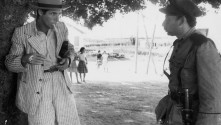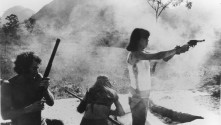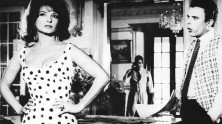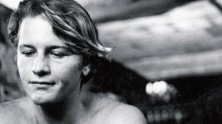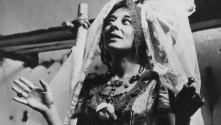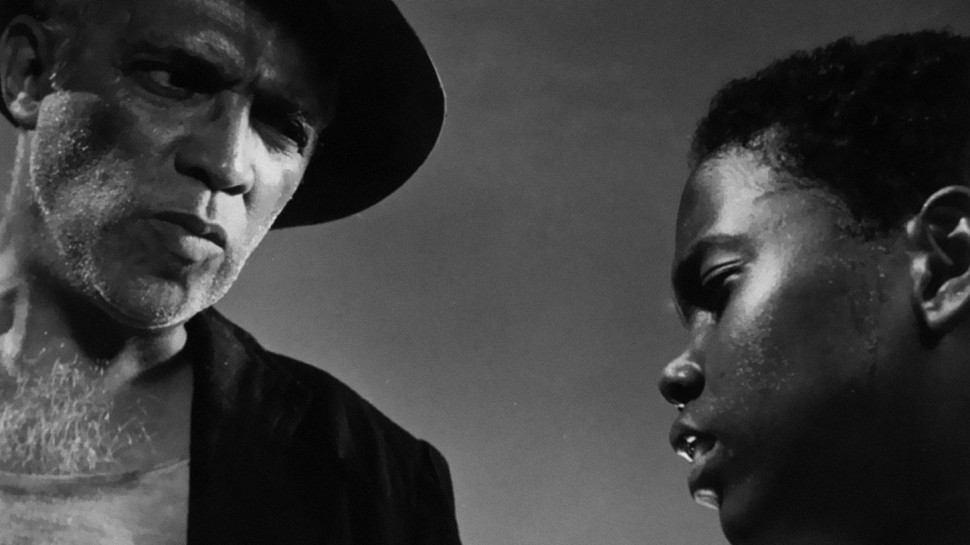
Rio, 100 Degrees
(Rio, 40 graus)
With Jece Valadão, Glauce Rocha, Roberto Batalin.
Brazil, 1956, 35mm, black & white, 100 min.
Portuguese with English subtitles.
Inspired by Italian neorealism and a fervent desire to forge a brand of cinema fully engaged with the harsh realities of the class struggle and the dire blight of poverty in post-WWII Brazil, dos Santos set out to make a dynamically comprehensive film portrait of his country's most iconic city, Rio de Janeiro filming on location and using a cast of non-professional actors. By turning unprecedented attention to the sprawling favelas, or shanty towns, at the heart of Rio, dos Santos offered an alternate vision of the city as a dramatic backdrop for its stripped down narrative following a Sunday in the life of young black peanut vendors as they each traverse different Rio neighborhoods in order to sell their humble wares. Dos Santos' first feature proved a dramatic launch of his career when the film's release was abruptly suppressed by federal officials, who accused Rio, 100 Degrees of being Communist propaganda and for presenting a negative image of Rio. Fiery debates about the ban subsequently exploded within the Brazilian Congress and across the nation until finally the decision was overturned. Retrospectively heralded by Glauber Rocha as the developing world's first truly revolutionary film, Rio, 100 Degrees was not only the first cinematic engagement with the favela, which would become an iconic and important subject of Brazilian cinema, but also one of the first films to openly address the stratification of class and race in Brazilian society.

